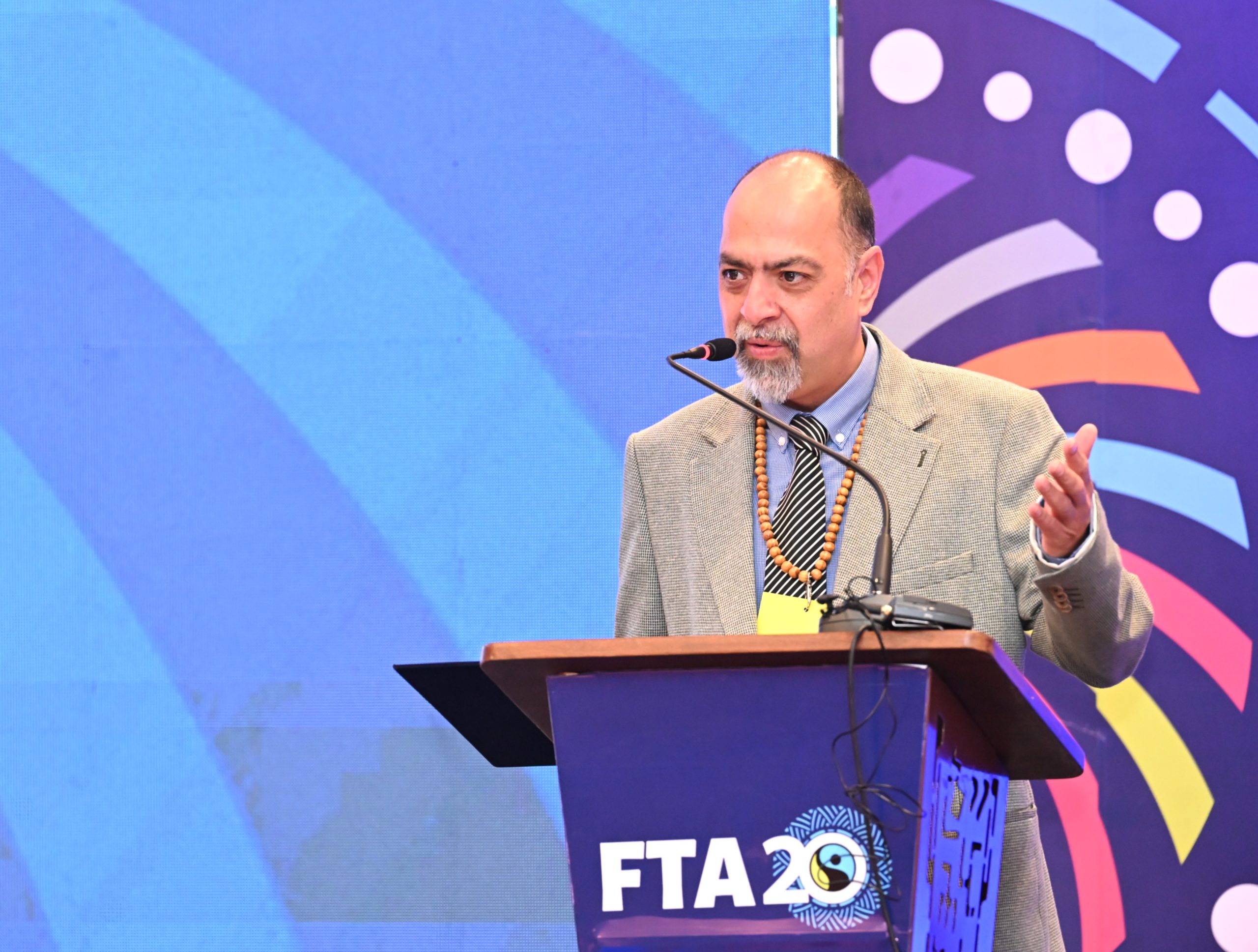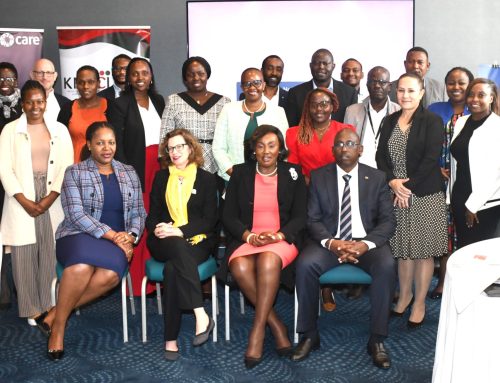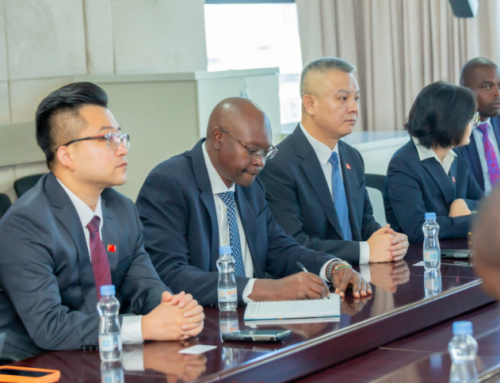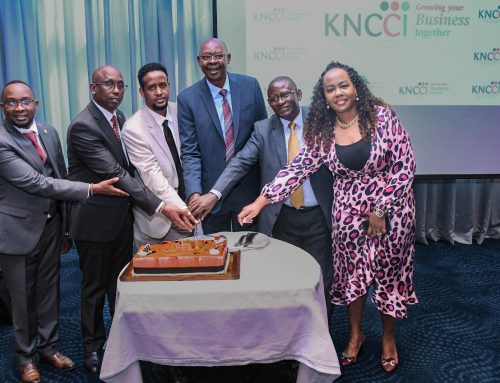
The Kenya National Chamber of Commerce and Industry (KNCCI) has reaffirmed its commitment to championing fairness, sustainability, and innovation as the foundational principles of business and trade in Kenya and across Africa.
Speaking on behalf of KNCCI President Dr. Erick Rutto at the FairTrade Africa FTA@20 Celebrations Conference, National Director Vishal Khagram lauded FairTrade Africa for convening a diverse coalition of stakeholders — including farmers, entrepreneurs, policymakers, and development partners — to shape the future of ethical and inclusive trade.
“Kenya has long been a champion of entrepreneurship, ethical trade, and inclusive growth,” said Khagram. “While our fertile soils and strategic location attract investment, it is the resilience and ingenuity of our people — especially our SMEs and smallholder farmers — that truly drive our economy.”
Khagram emphasized the critical role of the private sector in advancing sustainable development, urging businesses to go beyond profit-making and become engines of ethical progress. He praised FairTrade Africa’s mission to secure better prices, decent working conditions, and fair terms of trade for farmers and workers, calling it “nothing short of noble.”
KNCCI reiterated its dedication to supporting policies and partnerships that empower local producers to compete globally while ensuring that value addition and wealth creation remain within communities. The Chamber highlighted its collaboration with FairTrade Africa as a model for bridging the gap between local enterprise and global markets.
“Sustainable trade is not just about exports,” Khagram noted. “It’s about dignity, empowerment, and shared prosperity. It’s about ensuring that the tea farmer in Kericho, the coffee grower in Nyeri, or the artisan in Nairobi can access markets fairly and invest in the future of their families.”
As global consumer preferences shift toward ethically produced and environmentally conscious goods, KNCCI sees a unique opportunity for Kenya and Africa to lead in fair and sustainable trade. The Chamber called on the private sector to invest in innovation, technology, and skills development, and urged governments to create enabling environments that reward ethical practices and support inclusive growth.
In closing, Khagram challenged stakeholders to view trade not as a mere transaction, but as a transformative tool for social and economic progress.
“Let us embrace fairness, sustainability, and innovation as our guiding principles,” he said. “Together, we can unlock new opportunities, strengthen livelihoods, and build a more equitable global marketplace — one where Africa is not just a participant, but a leader.”







Leave A Comment